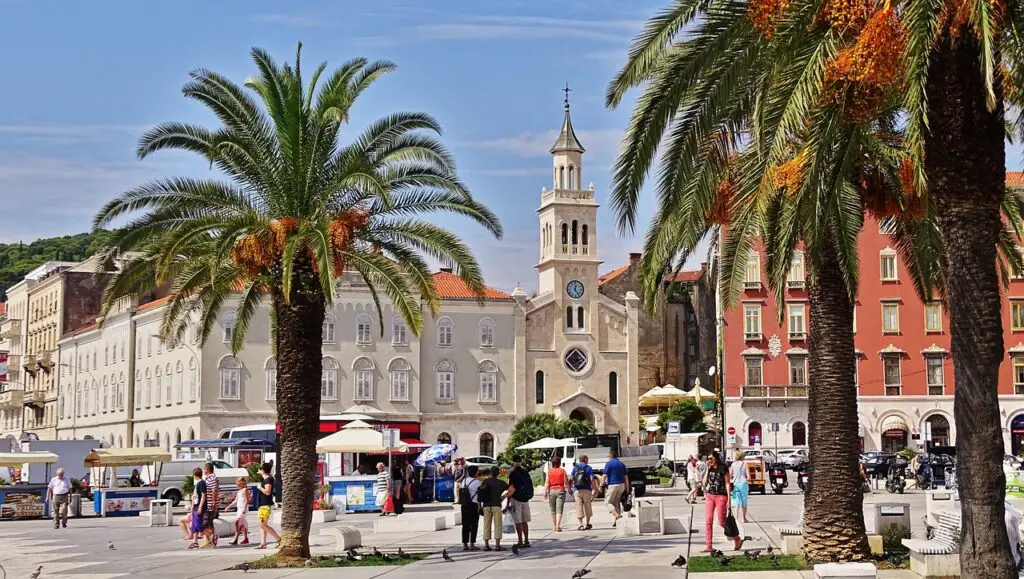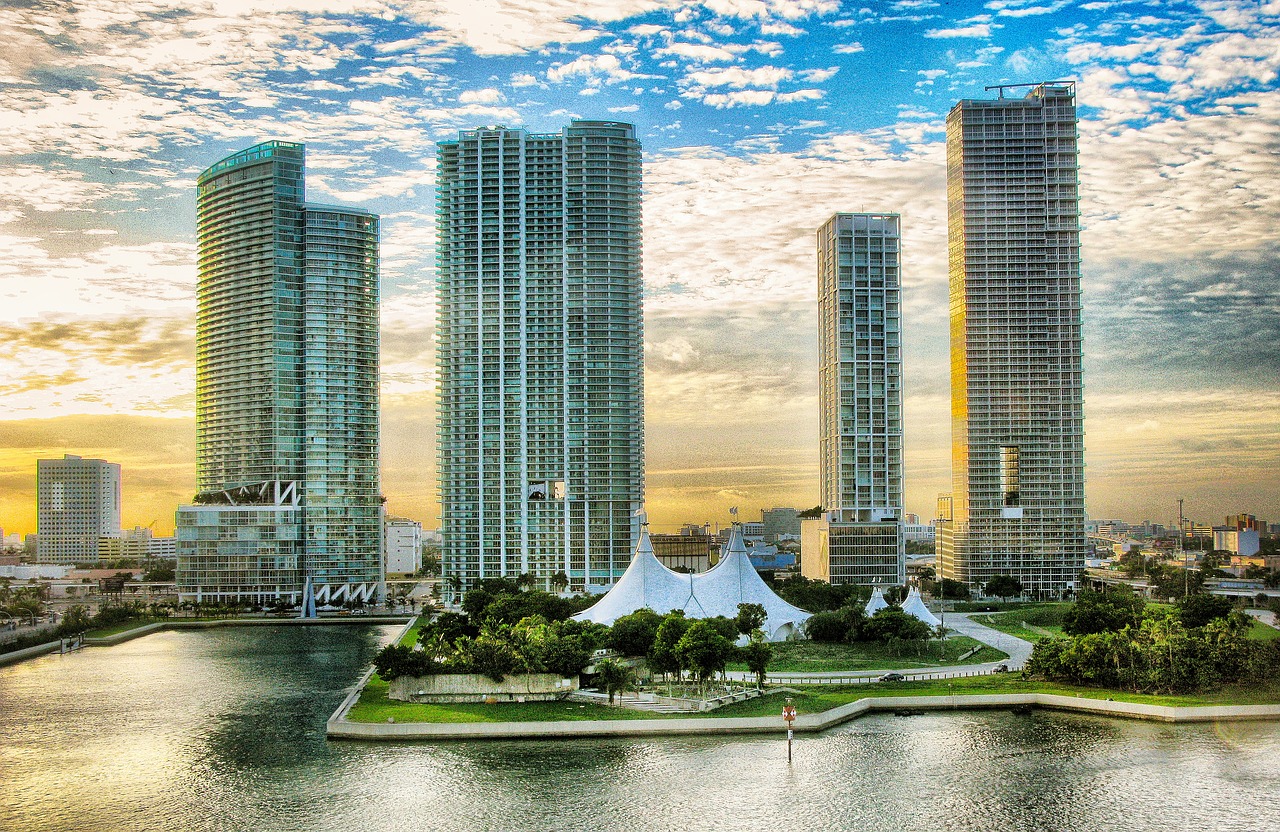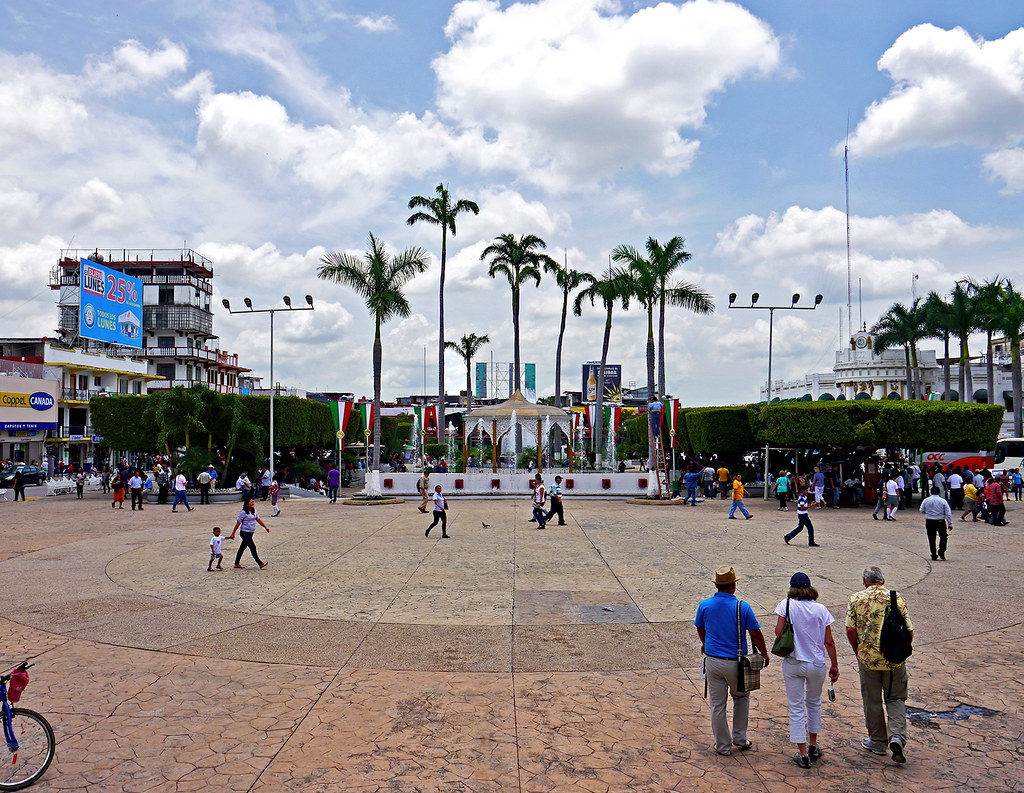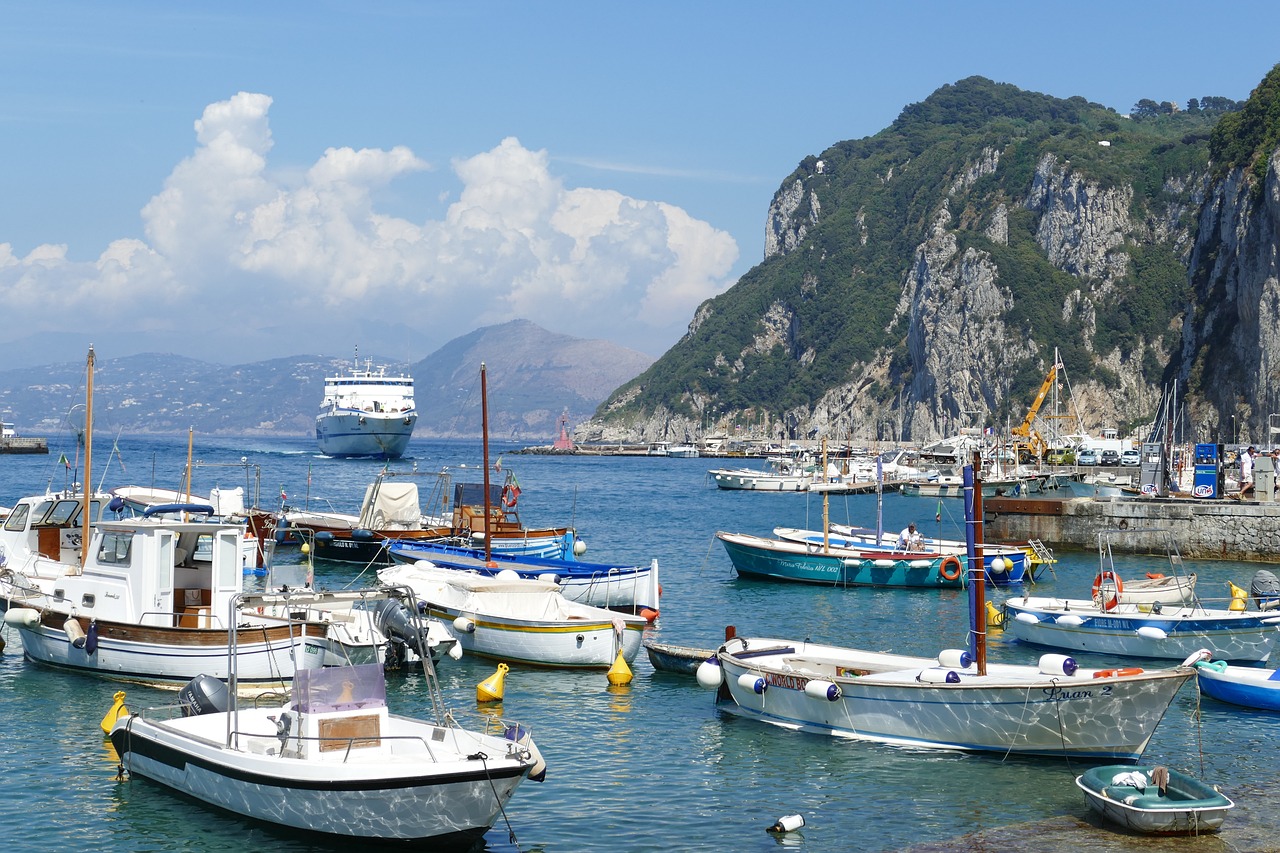Croatia, with its stunning Adriatic coastline, historic cities, and vibrant culture, has become a magnet for digital nomads seeking a blend of work and leisure in a Mediterranean paradise. Since launching its digital nomad program in January 2021, Croatia has refined its offering, making it one of the most attractive destinations for remote workers. As of 2025, significant updates have extended the permit’s duration and adjusted requirements, positioning Croatia as a top choice for non-EU/EEA citizens looking to live and work remotely in Europe. This comprehensive guide will walk you through everything you need to know to successfully apply for Croatia’s Digital Nomad Visa, officially known as the Temporary Stay for Digital Nomads, in 2025.
Understanding Croatia’s Digital Nomad Visa
Before diving into the application process, it’s essential to clarify what Croatia’s Digital Nomad Visa entails. Technically, it’s not a visa but a temporary residence permit designed for non-EU/EEA/Swiss citizens who work remotely for employers or clients outside Croatia. Unlike a traditional visa, which typically allows short-term stays for tourism or business, this permit enables digital nomads to live in Croatia for up to three years, a significant extension from the initial 12-month limit introduced in 2021.
The program’s appeal lies in its flexibility, tax exemptions on foreign-sourced income, and the ability to include family members. Croatia’s entry into the Schengen Area in 2023 further enhances its attractiveness, offering visa-free travel to 29 Schengen countries during the permit’s validity. However, the permit is non-renewable without a gap; after its expiration, you must leave Croatia for at least six months before reapplying.
This article will cover eligibility criteria, required documents, the application process, costs, tips for success, and practical considerations for living as a digital nomad in Croatia in 2025.
Why Choose Croatia for Your Digital Nomad Journey?
Croatia offers a compelling mix of affordability, natural beauty, and cultural richness. Here are some key reasons digital nomads are flocking to this Balkan gem:
Affordable Cost of Living: Compared to Western European countries, Croatia is budget-friendly. For instance, a furnished studio apartment in Zagreb’s city center costs around €459 per month, and a basic lunch menu averages €12.
Stunning Locations: From the historic walls of Dubrovnik to the vibrant coastal city of Split and the capital, Zagreb, Croatia offers diverse settings for work and exploration. Its 1,000+ islands and Adriatic beaches are perfect for weekend getaways.
Tax Benefits: Digital nomads are exempt from Croatian income tax on foreign-sourced income, provided they remain tax residents elsewhere and don’t work for Croatian employers.
Schengen Access: As part of the Schengen Area, Croatia allows seamless travel across Europe, ideal for digital nomads who love exploring.
Growing Nomad Community: Cities like Zagreb, Split, and Zadar host thriving digital nomad communities, with coworking spaces and events fostering connection.
Despite these advantages, challenges like inconsistent internet speeds in some areas and rising rental costs due to tourism should be considered. Experts suggest Croatia needs to improve its digital infrastructure to compete with countries like Romania, which boasts faster internet.
Eligibility Criteria for Croatia’s Digital Nomad Visa
To qualify for the Digital Nomad Visa in 2025, you must meet the following criteria:
Citizenship: You must be a third-country national (non-EU/EEA/Swiss). EU/EEA/Swiss citizens are ineligible as they already have residency rights in Croatia.
Remote Work: You must work remotely for a company or clients not registered in Croatia or run your own business registered outside Croatia. This includes freelancers, remote employees, or entrepreneurs.
Minimum Income: As of May 2025, you need to prove a monthly income of at least €3,295 (approximately $3,855 USD). For each family member (spouse, unmarried partner, or minor children), the income requirement increases by 10% (about €330 per person). Alternatively, you can show savings of €39,540 for a 12-month stay or €59,310 for an 18-month stay.
Valid Health Insurance: You must have comprehensive health insurance valid in Croatia for the entire duration of your stay.
Clean Criminal Record: You must provide a government-issued background check from your home country or any country where you’ve resided for over a year immediately before applying.
Proof of Accommodation: You need to show a rental agreement, hotel booking, or other evidence of a temporary address in Croatia.
Family members can join through family reunification, but their applications must follow the primary applicant’s approval. Eligible family members include spouses, unmarried partners (together for three years or less if with children), and minor children.
Required Documents
To apply, you’ll need to gather the following documents, ensuring they are in Croatian or English (or translated by an authorized translator) and legalized with an apostille where required:
Application Form: Complete Form 1a for temporary stay, available on the Croatian Ministry of the Interior’s website.
Valid Passport: Your passport must be valid for at least three months beyond your planned departure from Croatia.
Proof of Remote Work: Provide an employment contract, service agreement, or business registration documents showing you work for a foreign employer or your own company not registered in Croatia.
Proof of Income: Submit six months of bank statements or payslips showing a minimum monthly income of €3,295, or a bank statement proving savings of €39,540 (12 months) or €59,310 (18 months). For families, add 10% per dependent.
Health Insurance: Provide proof of private health insurance valid in Croatia for the entire stay.
Criminal Background Check: Obtain a legalized (apostilled) and translated (if not in English) background check from your home country or recent country of residence.
Proof of Accommodation: Submit a rental agreement, hotel booking, or a statement from a property owner. If the landlord cannot accompany you to the police station, the documents must be notarized.
Passport Photo: Provide a 30×35 mm photo for the biometric residence permit.
Family Documents (if applicable): For family reunification, include marriage certificates or proof of partnership (legalized and translated) and birth certificates for children.
Ensure all documents clearly state the currency of funds and are properly legalized to avoid delays.
Application Process: Step-by-Step
The application process is flexible, with three submission options: online, at a Croatian embassy/consulate, or at a local police station in Croatia (if you don’t need an entry visa). Here’s a step-by-step guide for 2025:
Step 1: Determine Your Entry Requirements
Check if your nationality requires a visa to enter Croatia using the Ministry of Foreign and European Affairs’ website. If you need an entry visa, you’ll apply for both the residence permit and a long-term D-visa at a Croatian embassy/consulate. If you’re visa-exempt, you can enter Croatia as a tourist (up to 90 days) and apply locally.
Step 2: Gather and Prepare Documents
Collect all required documents, ensuring translations and apostilles are complete. Start this process 3-4 months before your planned travel date to account for potential delays.
Step 3: Submit Your Application
Choose one of the following methods:
Online: Use the Croatian Ministry of the Interior’s digital nomad portal to submit your application. You’ll receive automatic confirmation, and a caseworker may request additional documents.
Croatian Embassy/Consulate: If abroad, submit your application in person at the nearest Croatian diplomatic mission. Contact them in advance for any COVID-19-related restrictions.
Local Police Station: If you’re in Croatia and visa-exempt, apply at the police station nearest your temporary address. Provide biometric data during this visit.
Step 4: Await Approval
Processing typically takes 8-30 days, but it can extend to 3-6 weeks during peak periods. If approved, you’ll receive notification. If a D-visa is required, contact the embassy to obtain it.
Step 5: Register in Croatia
Upon arrival (or within three days if already in Croatia), register your temporary residence address at the local police station using Form 16a. Provide a lease agreement or property owner statement. Failure to register within three days may result in permit revocation.
Step 6: Obtain Biometric Residence Permit
Within 30 days of your permit’s validity start (or six months if a D-visa is required), visit a police station to provide biometric data and receive your residence permit card.
Step 7: Extension (if applicable)
If your initial permit is less than 18 months, you can apply for a six-month extension at least 60 days before expiration. After a maximum of three years (18 months initial + 18 months extension), you must leave Croatia for six months before reapplying.
Costs and Fees
The cost of the Digital Nomad Visa varies depending on the application method:
Embassy/Consulate Application: Approximately €60 for the residence permit application, plus €310 for the biometric residence card.
Local Police Station: Around €45 for the residence permit, plus €30 for the biometric card.
Additional Costs: Document translation, apostille services, and notarization fees may apply. Health insurance costs vary based on your provider and coverage.
For Indian applicants, the total cost is under ₹10,000 if applying from abroad, making it one of the more affordable European digital nomad programs.
Tips for a Successful Application
To maximize your chances of approval, consider these tips:
Exceed Income Requirements: Show income well above €3,295 monthly to demonstrate financial stability. Include multiple proofs like contracts, payslips, and tax returns.
Prepare Documents Early: Start gathering and legalizing documents 3-4 months in advance to avoid delays.
Verify Translations: Ensure all translations are by authorized translators and apostilles are correctly applied.
Secure Accommodation: Book a long-term rental or hotel to provide clear proof of address.
Consult Professionals: Engage immigration lawyers or services like Nomads Embassy for complex cases or family applications.
Plan for Taxes: Confirm your tax residency status with a professional to maintain Croatia’s tax exemption benefits.
Between January and September 2024, Croatia received 824 applications, with a 48.8% approval rate, indicating a competitive process. Submitting complete and accurate documentation is crucial.
Living as a Digital Nomad in Croatia
Once approved, you’ll join a growing community of digital nomads in cities like:
Zagreb: The capital offers vibrant coworking spaces, cultural events, and affordable living.
Split: A coastal hub with beaches, cafes, and a digital nomad village vibe.
Zadar: Known for its ancient ruins and stunning sunsets, ideal for history buffs.
Croatia’s internet averages 46 Mbps, sufficient for remote work, though some areas may lag behind countries like Romania. Free Wi-Fi is common in cafes, and rentals typically include internet. The Euro (€) is the official currency, with easy access to ATMs and credit card acceptance.
Be mindful of the 183-day rule to avoid triggering Croatian tax residency. If you spend more than 183 days per calendar year in Croatia, consult a tax professional to clarify your obligations.
Challenges and Considerations
While Croatia is a digital nomad hotspot, consider these challenges:
Internet Reliability: Some areas have slower speeds, so prioritize locations like Zagreb or Split for better connectivity.
Rising Costs: Tourism has driven up rental prices in popular areas like Dubrovnik.
Non-Renewable Permit: The three-year maximum stay (18 months initial + 18 months extension) requires a six-month gap before reapplying, which may disrupt long-term plans.
Infrastructure: Croatia’s digital infrastructure is improving but may not match top-tier countries.
Alternatives to the Digital Nomad Visa
If you’re ineligible or prefer other options, consider:
Short-Stay C-Visa: For stays up to 90 days within 180 days, suitable for short-term visits.
Other Countries’ Digital Nomad Visas: Portugal, Spain, Estonia, or upcoming programs in Slovenia (November 2025) or Japan offer alternatives with varying requirements.
Work Visa or EU Blue Card: If you wish to work for a Croatian employer, explore these options.
Conclusion
Croatia’s Digital Nomad Visa in 2025 offers a unique opportunity to live and work in a Mediterranean paradise for up to three years. With its affordable living, tax exemptions, and Schengen access, it’s an ideal choice for non-EU/EEA remote workers. By meeting the eligibility criteria, preparing thorough documentation, and following the streamlined application process, you can secure your permit and immerse yourself in Croatia’s rich culture and stunning landscapes. Start planning early, verify your documents, and embrace the chance to join Croatia’s thriving digital nomad community.
For the latest updates, check the Croatian Ministry of the Interior’s official website or consult immigration professionals to ensure a smooth application process. Your Adriatic adventure awaits!














